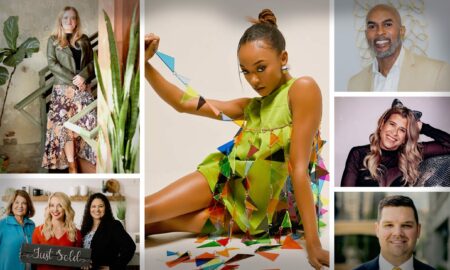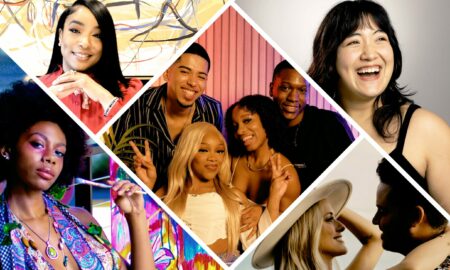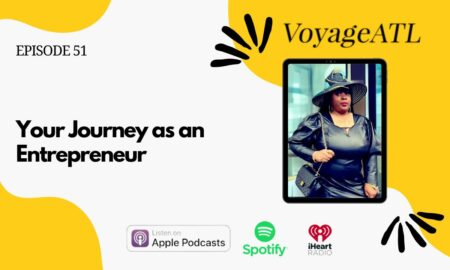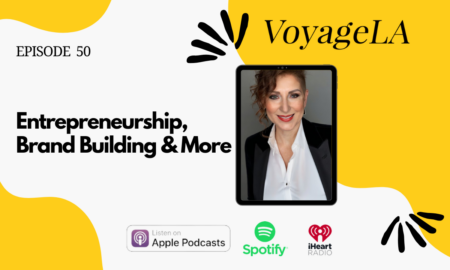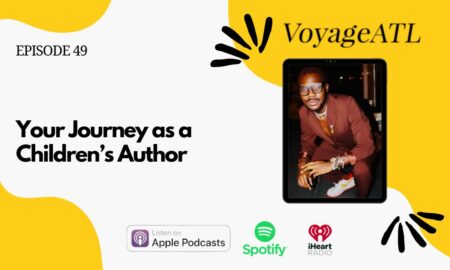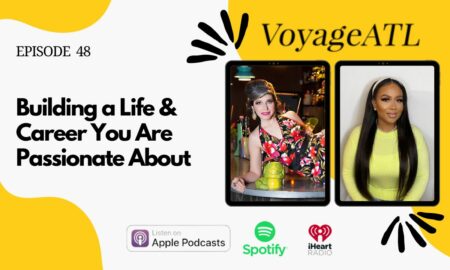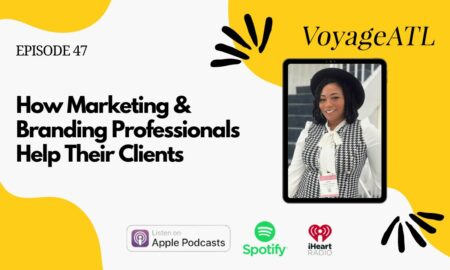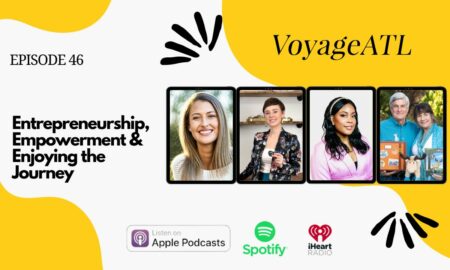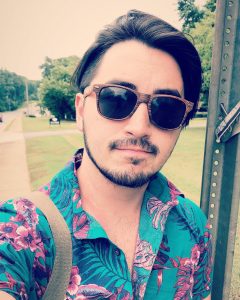
Today we’d like to introduce you to Jake West.
Jake, before we jump into specific questions about your work, why don’t you give us some details about you and your story.
I think the best way I can frame who I was and who I am all starts back in the 8th grade. My class tried to not-so-subtly dunk on me with the “Most Unique” superlative. I’ve always been this person who wanted to celebrate the fringe. All the art that got me excited as a kid was the stuff that none of my friends cared about. I was raised on stolen glances of Adult Swim shows. The must furtive corners of internet comedy and punk rock music powered by a rage I really thought I understood as a 14-year-old.
I stumbled into theatre about that time as a way to hang out with my friends. I wasn’t good. I was deadly shy, and the kind of emotionally repressed that can only be described as “Catholic,” but I loved every moment of trying to muster up the energy to look someone in the eye and say words that weren’t mine. My folks did this rad thing and told me I should look into doing some summer camp if this is what I liked. I found this program called the Shakespeare Intensive for Teens that the Atlanta Shakespeare Company still does. It’s this phenomenal program that trains young people how to get in touch with their emotions and speak some beautiful text. It also was the first time I ever met a professional actor. I saw these people for the first time in my life who made art for a living, and that was mind-blowing. I guess I had never put together that people can make this their careers.
With that roadmap to propel me, I went to get some more training at school. I participated in the BFA Acting track at Wright State University in Dayton, Ohio. The training there was lovely, but the most transformational thing about my time there was our little student directing lab. They had this space that students could use every weekend for shows, and there would be these seasons that did everything from full musicals to really intimate one-person shows, and having that kind of freedom was my drug. I participated in everything I could in that space. I was a lighting designer, and I was a director, I was an actor, I was the guy who would make the weird cameo in your comedy show about Cincinnati martyr Harambe. I ate, slept and breathed that place. I moved into a management position of that space with my dear friend and we were in charge of giving people to the keys and letting them drive. The most beautiful thing about that space is it let me drive that car and it also let me crash it. I experienced so much glorious failure in that space, and those experiments let me know what kind of work was really important and valuable to me.
I left school in 2017 to move back home to Atlanta and did an apprenticeship with The Atlanta Shakespeare Company – Coming full circle and helping teach in the kind of programs that inspired me as an actor. I have been acting and teaching in the city for about three years now but kept craving the same freedom I had in college. I wanted to make a place to play. That impulse turned into The Come Up. This is a monthly party I throw in my living room that turns into a late-night show that showcases talent in Atlanta on “the come up” in their careers that turns back into an even bigger party. It’s an opportunity to hang out with the grooviest folks in this city and watch them do brave work.
Overall, has it been relatively smooth? If not, what were some of the struggles along the way?
I’m really fortunate to say that I’ve had a lot of obstacles. Again, the idea of creative failure and metamorphosis is at the center of what I do. One of my heroes Chris Gethard talks about “Losing Well”. You’re going to fail, so you might as well make it an opportunity to discover. More importantly, you’re only going to fail big if you are doing something brave. So I try to put myself in situations where failure is always inevitable and am elated when it actually works out.
A lot of people in theatre say that “You sit through ten no’s to get one yes” and, you know, I want their career. That would be a GREAT ratio. It’s mostly failure and tears and trying hard to do it all over again. The other side of that coin, however, is I’ve gotten shots I shouldn’t have gotten. I’ve shared stages with people in a whole other weight class and am grateful to have ridden those coattails.
I’m very grateful for what I’ve gotten and more grateful for what I’ve lost. Those losses made me realize that maybe those were shows or teaching experiences that aren’t actually what I wanted. That helps me re-evaluate the kind of work I actually crave, and those kinds of lessons led me to make more of my own work.
Please tell us about your work.
The thing I’m most proud of with The Come Up is that the show has a beating heart. When I talk about it, I feel like I’m talking about a friend and not just a thing we do. It has this life of its own at a certain point. And that life is all based on community. The show isn’t just about the connection between a drag queen performing and the stranger in the audience – It’s about the fact that those two people will be doing Jameson shots on my couch together 30 minutes later. I wanted to make the Weasley Burrow for Atlanta creatives this warm and accepting place for a bunch of weirdos. And I think what’s going on is pretty magical.
If you had to go back in time and start over, would you have done anything differently?
David Mamet talks a lot in “True and False” about how a lot of theatre training is about teaching obedience, and I think that carries over into a lot of professional opportunities. We all got into the arts because we were trouble-makers. We were the “Most Unique” award winners. That’s what makes me a little antsy when creatives get a little lock-step and specific about “This is what art looks like, and this is the art we’ve made for 50 years so we will continue to make a thing that looks like this”. All that does is make copies of someone else’s truth. I think I spent a lot of time in environments like that as opposed to just trying to call my own shots or make my voice heard in a room where I didn’t feel like I had an opinion. And I don’t think that my 24-year-old voice is the end all be all and needs to be heeded by any means, but I feel like every creative room needs the equity to listen to every voice. My future moves are all about putting myself in situations and opportunities that bolster that kind of community. Also – Always get the deal in writing. Also – If you order nachos to-go at Taco Mac, they will give you chips and put all the toppings in a separate box, and you will have the best chips and dip experience of your life.
Contact Info:
- Email: jakewestinfo@gmail.com
- Instagram: @thecomeupshowatl . (personal) . @j.quest
- Facebook: @thecomeupshowatl




Suggest a story: VoyageATL is built on recommendations from the community; it’s how we uncover hidden gems, so if you or someone you know deserves recognition please let us know here.

